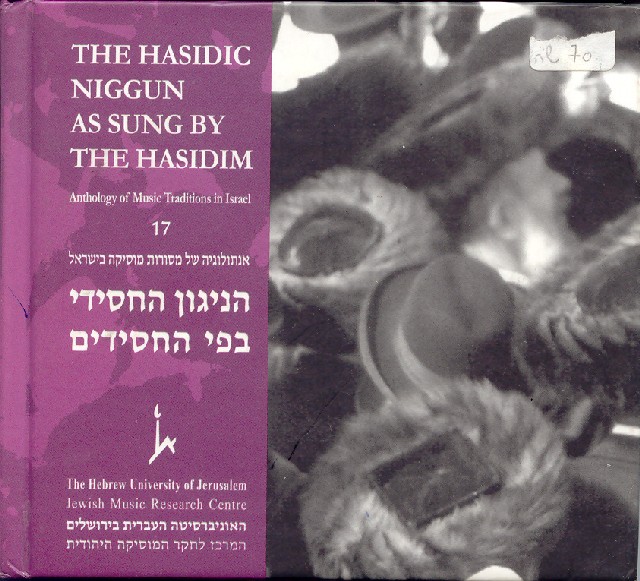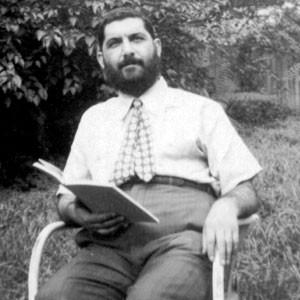2004
4. "Berah Dodi 'Ad She-Tehpaz"
David Mastboim, Jerusalem, 13 October 1961.
Make haste, my beloved, so that our conjugal love please You,
Return in compassion, for we are consumed
By the kings of Amalek,* our captors and tormentors.
Destroy and tear up their roots from our mound,
Raise up Your tower[= Temple], let our children make music,
"There He stands, behind our wall" [Song of Songs 2:9).Make haste, my beloved, before the end of the vision shall arise,
Soon the shadows shall depart from this [nation},
The despised one shall be exalted and raised to great heights,
He shall comprehend and reprove, and startle many nations.
Bare Your arm, and call out thus:
"The voice of my Beloved, there He comes!" [Song of Songs 2:8]For the fathers' sake, save the children,
And bring redemption to their children's children.
* The original text is "evil kings" this version is probably an instance of self-censorship for fear of the Gentile authorities.
Piyyutim beginning with the words "Berah dodi" are hymns of the "ge'ullah" type, originally written for the Morning Service on the first and second days of Passover and the Sabbath of the Intermediate Days; they are recited just before the end of the ''ga'al Yisra'el" benediction preceding the Shemoneh-esreh prayer. Today they are no longer recited by Hasidim during prayers, but sung at the festival meals, sometimes on other occasions. Bobov Hasidim sing this particular piyyut at the festival meal of the first day of Passover. The Rebbe sings it to the melody common to all piyyutim of this genre and the congregation hums along with him. The present niggun has the classical Hasidic structure A-B-C-B, but the rhythmical and modal structures are unusual.
While sections A and B are based on rhythms reminiscent of the Hasidic waltz, both show a tendency toward parfando rubato (that is to say, rhythmical freedom depending on the text), which is unknown in waltz niggunim. In the third section (C) the parfando style masks the triple time of the waltz even further. The modal structure is also untypical of the more common Hasidic niggunim. Section A is in the minor scale, with an open cadence on the third; section B is in the major, and section C opens in the minor; it then modulates to the major and ends on the dominant, in a manner indicative of some knowledge of classical harmony. The rhythmic and tonal style of the niggun thus seems to indicate that "Berah dodi" was composed by a cantor of Hasidic origin.
The melody is adapted to the "Beraf? dodz" texts by singing it several times, depending on the number of stanzas of the piyyut. It is sung for the last time to the verse "For the sake of the fathers, redeem the sons"- the standard ending of all ge'ullah hymns - but only to the tune of the first two sections (A-B) of the niggun, in a waltz rhythm. In this recording Zevi Mastboim sings the first two stanzas with the entire melody, without repetition, and then concludes with the verse "For the fathers' sake" as described.






